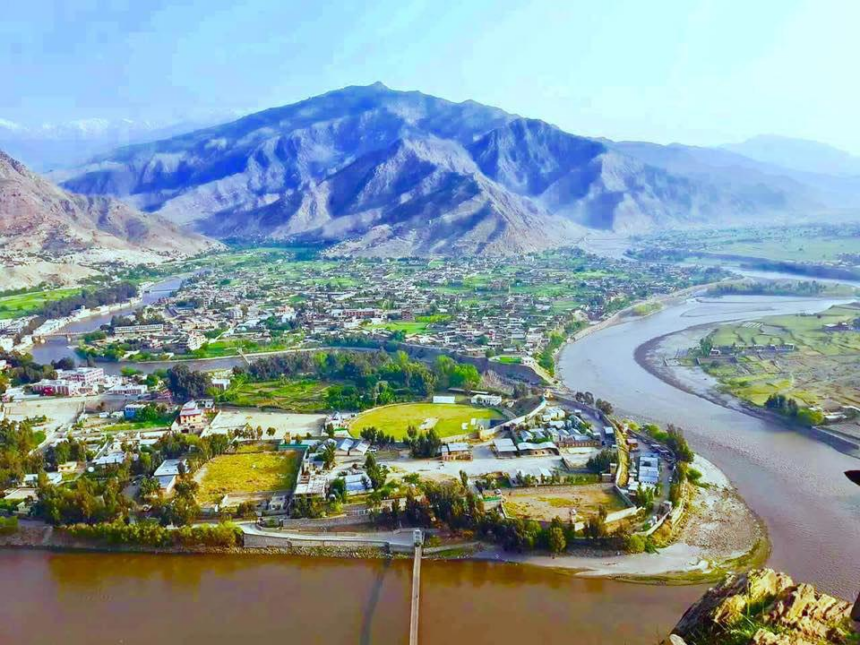RASC News Agency: In yet another grim reflection of Afghanistan’s deepening public health crisis under Taliban rule, three children tragically lost their lives after ingesting toxic food in Babro village, Chawkay district, located in the eastern province of Kunar. The fatal incident occurred in the late morning hours of Saturday, June 14, and has since ignited outrage among residents over the absence of safety regulations and government accountability. Local sources report that four young children, while playing near their homes, wandered into a nearby agricultural field. There, they unknowingly consumed food items contaminated with rodent poison chemicals commonly used by farmers to control pests but left unsecured and without warning in public areas. Such toxic substances, easily accessible in fields, represent a deadly hazard in communities where children are left to roam unattended due to the lack of structured recreational or educational facilities.
The children were promptly rushed to medical facilities following signs of severe poisoning. Two children were pronounced dead at the Kunar Provincial Hospital, while a third child died shortly after being transferred to the Nangarhar Regional Hospital. The fourth child remains in critical condition under intensive care in Nangarhar, with doctors expressing concern for his survival. This preventable tragedy has sparked profound grief and anger among residents of Babro, who are demanding an urgent investigation and the enforcement of safety measures. Many parents have decried the Taliban’s complete failure to regulate agricultural chemicals or to implement even the most basic public health standards in rural areas. In a region where governance has become increasingly authoritarian yet ineffective, children are dying not from war, but from sheer neglect.
Despite the severity of the incident, Taliban authorities in Kunar have remained conspicuously silent. No official statement has been issued, and no preliminary inquiries appear to have been launched. This silence, characteristic of the Taliban’s broader disengagement from civilian governance, has further alienated the population, who now accuse local officials of indifference and incompetence. “We live under a regime that cannot even protect our children from poison in the fields,” said one grieving relative, speaking on condition of anonymity. “They can patrol the streets with guns, but they cannot provide even the simplest protection for our families.”
Public health experts have long warned of the collapse of basic health and environmental safeguards in Afghanistan since the Taliban seized power. The withdrawal of international aid, combined with the regime’s ideological rejection of professional administration, has created a vacuum of responsibility, especially in critical sectors like health, education, and child protection. Children in Taliban-held territories now face a multilayered threat: not only are they denied education and healthcare, but they also confront daily risks from unregulated chemicals, contaminated water, and malnutrition, without any functional oversight from the de facto authorities.
Human rights observers have called on humanitarian agencies to pressure the Taliban regime to implement essential public safety reforms and to ensure that foreign aid wherever distributed is conditioned on compliance with basic governance and child protection standards. As Afghanistan plunges further into institutional collapse, the deaths of these three innocent children are not isolated incidents, but part of a broader pattern of neglect, incompetence, and indifference that continues to claim lives with alarming regularity.






